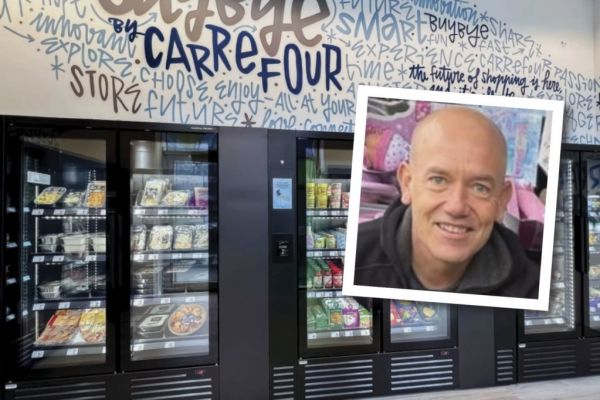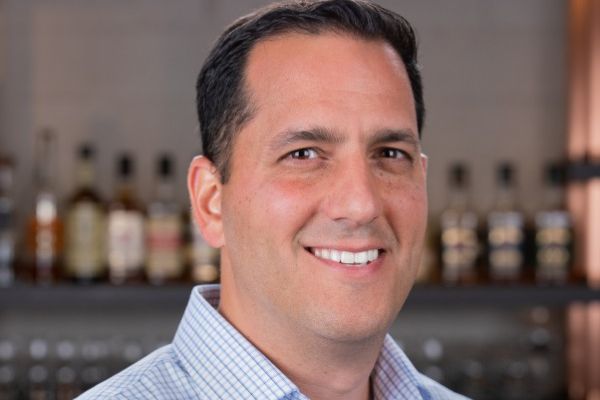Brew Hub LLC, the craft-beer venture that’s majority owned by billionaire investor Ron Burkle, is taking its attack on traditional brewers straight to Budweiser’s back door.
The company will announce plans today for a regional craft brewery in St. Louis, its second in the US. The city is the US headquarters for the world’s largest brewer, Anheuser-Busch InBev NV, whose flagship brands have suffered from an onslaught of hipster India pale ales and American wheats.
Brew Hub marks an important shift in craft beer, which has reached about 8 per cent of the US market by volume and is expected to more than double that by 2020, according to the Brewers Association. With demand outpacing brewers’ appetite for risk, private equity has found an opening to tap into an industry that has mainly shunned it. Burkle’s Los Angeles-based private-equity firm, Yucaipa Cos., is the key backer of Brew Hub, which was founded in 2012.
“It allows companies to grow without a big capital outlay,” said Paul Gatza, director of the Colorado-based Brewers Association. “Some brewers choose not to grow into certain states because they are concerned about the quality of the product and control - the best beer is fresh beer.”
The high-tech facility in St. Louis will be the second of five regional breweries envisioned by Brew Hub to make it easier for small brewers to expand. The first opened last month in Florida with four brewers signed up. Brew Hub’s plan for a national system makes it unique, Gatza said.
Social Media
The little secret in craft beer is that local brews aren’t always so local. Craft beermasters have long trusted their recipes to contract brewers who sell excess capacity to any comer. Sometimes, the brewer even sends over a recipe and picks up finished beer for distribution.
Craft brewers often keep such deals undercover, sometimes prohibiting the contractor from even revealing the relationship. Boston Beer Co., the largest US craft brewer, has long used contract breweries for some of its production.
“With Twitter and Facebook and social media, it won’t take long for you to be exposed,” said Sten Sellier, founder of Virginia-based Beltway Brewing Co., who has seized on the same trend as Brew Hub, only with micro-batches servicing small brewers under short-term contracts.
Brew Hub’s strategy is to turn the model upside down, creating what chief executive officer and co-founder Tim Schoen calls transparent “partner” brewing. Client brewmasters oversee their own production and the Brew Hub is temporarily turned over to them.
Beer Demand
“We embrace it,” said Schoen, who spent 28 years at Anheuser-Busch before leaving after a takeover by InBev NV in 2008. “This is no contract brewer.”
More than two years ago, Cigar City Founder Joey Redner found himself running out of beer. To meet demand in Florida, where 95 per cent of his beer is sold, he temporarily withdrew his flagship Jai Alai India Pale Ale from the six states where he distributes. Real growth would require a new brewery. The price tag was daunting, however.
Running out of space to expand at his flagship Tampa brewery, which he opened in 2009, and nervous about giving up control to a contract brewer, Redner turned to Brew Hub. Cigar City brewed almost 35,000 barrels of beer last year. Brew Hub could add 20,000 barrels to Cigar City’s supply in the next year, which would have taken Redner three years on his own.
Brew Hub’s state-of-the-art plant includes a computer-controlled system designed by Siemens AG. It and the St. Louis brewery, expected to open in early 2016, will produce 75,000 barrels each to start, with the ability to expand to 200,000 barrels each. By comparison, Boston Beer produces about 2.5 million barrels of brew annually.
Old Technologies
Brew Hub hired Paul Farnsworth, a teacher of brewing fermentation and biotechnology science for 30 years, to build and manage its brewhouses. The Ph.D has helped start up more than 100 breweries and authored 30 research papers. He’s there, as well, to consult partner brewmasters. A testing lab gives brewers access to the kinds of high-tech quality control some have never used.
Flat Fees
Brew Hub’s innovation goes beyond the beer. Brewers can buy a range of business services including legal assistance with taxing authorities, distribution expertise and accounting. The company is set up to handle everything from established brewers that have outgrown their breweries, to startups with little more than a recipe, said Schoen, who was instrumental in the development of Michelob AmberBock for Anheuser in the early 1990s.
All of this comes with a price. Craft owners are locked in for at least three years and pay a negotiated rate per case for brewing. Business services are provided at a flat annual fee.
“I’m giving up some margin, but I am not laying out the cash,” Redner said. “If it turns out that craft beer demand slows down, I’m not sitting on a whole bunch of equipment that’s just going to be sitting there.”
Eventually, when Brew Hub completes its $100 million network of five regional breweries, craft makers will be able to more easily leap frog to new geographies. Shipping costs will be lower and the beer will be fresher when it makes it onto the shelf, Schoen said.
Still, the strategy could backfire with some drinkers, Gatza said.
“Beer is very personal for people,” he said. “It is more likely to matter to someone where their beer comes from than, say, where their potato chips come from.”
Redner knows he hasn’t skirted all the risk by using Brew Hub. He’s already suffered through a delay of a couple of months in getting the Florida facility up and brewing.
“Any time you are getting into a new way to get product created and to market there is inherently going to be risks because there’s unknowns,” he said.
Bloomberg News, edited by ESM














